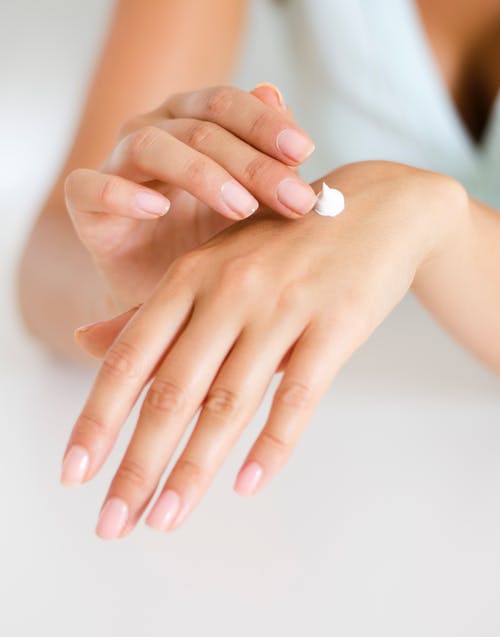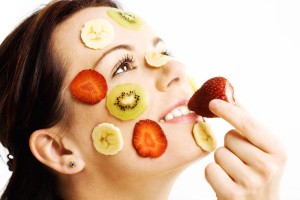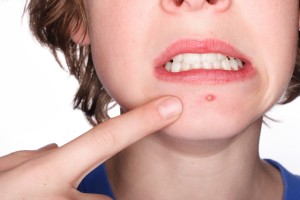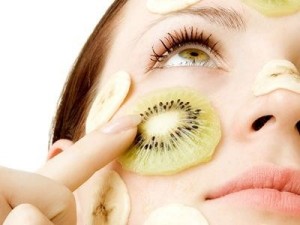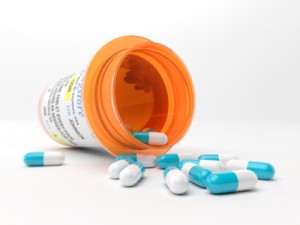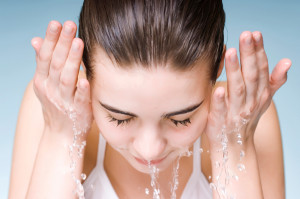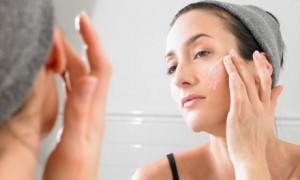If you are looking to get a healthy skin and maintain it, there are a couple of ways to achieve this. Remember that having a healthy skin helps to delay natural aging, and it also helps you to make the right health choices.
Here are some natural ways to make your skin healthy
Try to avoid the sun
If you are too exposed to the sun, you might get some skin problems like age spots, wrinkling, coloring, etc. Also, it increases the chances of skin cancer.
Therefore, you need to protect yourself from the sun by putting on clothes that reduce the sun’s intensity on your skin. Additionally, you can avoid stepping out when the sun is intense.
Remain hydrated
According to numerous research studies on the internet, taking enough water is great for your skin health. When you remain hydrated, your skin becomes healthy. It also glows and remains moisturized. To be on the safer side, you can take a minimum of 8-ounce glasses of water each day.

Eat a healthy diet
One of the cost-effective ways to nourish your skin and keep it healthy is by eating a nutritious diet. You can begin by taking foods rich in vegetables and fruits. When you reduce the amount of processed and junk foods, you will see a noticeable change in how your skin looks.
The amazing part is, that eating a healthy diet is like using a stone to kill multiple birds because apart from making your skin healthy, it comes with other benefits for your body.
Avoid substance abuse
People who abuse substances like alcohol and drugs are more likely to have less healthy skin than their counterparts who don’t. One of the symptoms of substance abuse is a change in how the skin looks. You will observe that the state of their skin looks like a deviation from the norm.
Apply aloe vera
Aloe vera comes with some healing properties that can benefit the skin. Some research studies have proved that Aloe vera is great for skin moisturizing and stimulation of new cell growth. However, you have to check in with your health provider because some people react to Aloe vera application.

